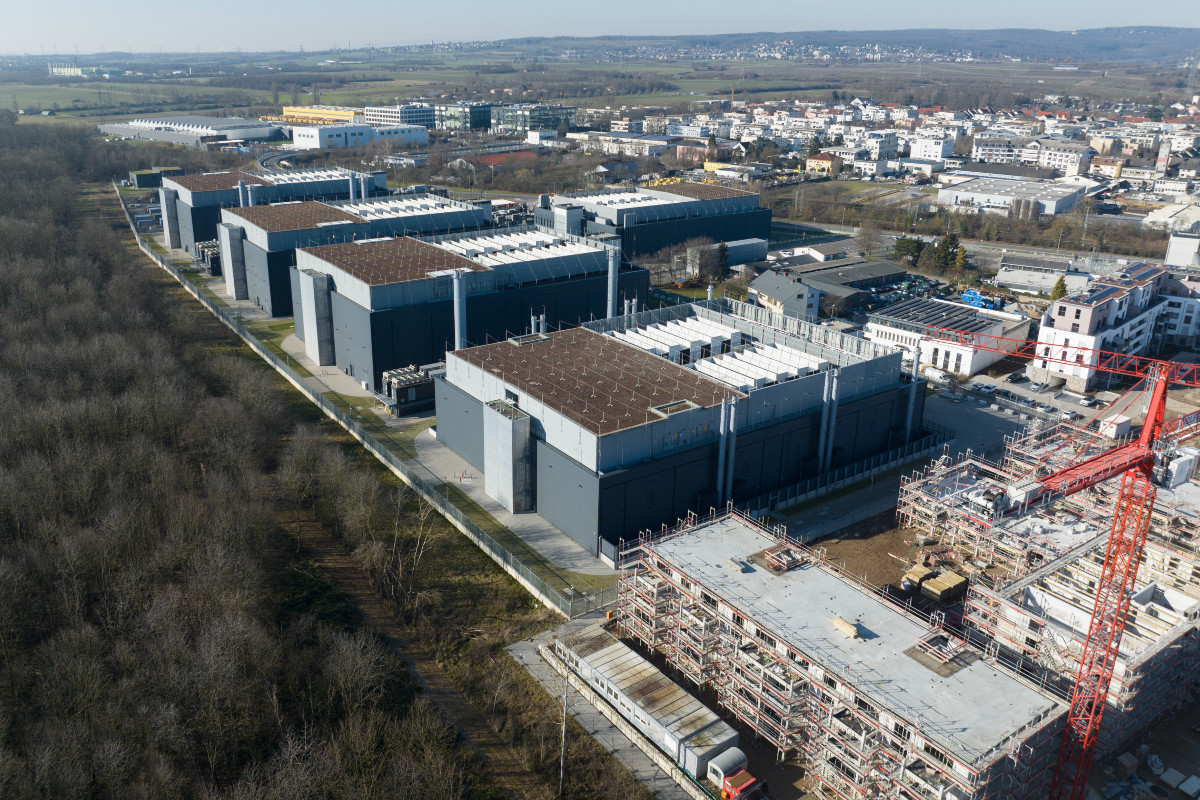More than half of Britons have never heard the term ‘data centre’ – a blind spot that Mark Pestridge, Executive Vice President and General Manager at Telehouse Europe, says could derail the UK’s AI ambitions unless the industry steps up its public-education game.
Back at the start of the year, the UK Government laid down plans for accelerating AI adoption to boost economic growth, create new jobs, and improve living standards for citizens. This unequivocal call for AI innovation has brought the current capabilities of data centres into the spotlight, with demand for AI-ready infrastructure within these facilities set to rise at an average yearly rate of 33% up until 2030.
The Government is clearly throwing its weight behind data centre operations as the UK hopes to avoid falling behind other nations in AI innovation, such as the Nordics. The importance of data centres in powering not just AI services, but data processing and streaming as well, led to their classification as critical national infrastructure in 2024. This places them on the same level of importance as emergency services, healthcare systems, and utilities.
Awareness of the value of data centres is widespread at the governmental level, but that is not quite replicated among the general public. According to research by Telehouse, 51% of UK adults have never heard of the term ‘data centre’. Education will play an essential role in closing this knowledge gap, driving public support for continued industry growth, and reducing opposition to new builds and expansions.
The influence of public perception
Telehouse’s research revealed that two-thirds of UK adults (67%) don’t know the crucial role that data centres play in our daily lives, such as the reliable delivery of streaming services to personal devices. It’s this shift in public perception that needs to change, otherwise the continued building of AI data centres will likely create opposition from those who aren’t aware of the benefits they deliver.
AI has often garnered unwanted rhetoric about its impact on community infrastructure and utilities, such as water and electricity. In response, the Government has looked to ease these fears by devising dedicated AI Growth Zones to streamline the planning process and provide the energy necessary to power AI-driven services. But to further drive public support for data centre innovation, the industry itself needs to take some additional steps.
Communicating the benefits provided by AI data centres
The energy demands of AI data centres are significant, but sustainable measures are often implemented to mitigate the effects of consumption. This might include making use of renewable sources of electricity and a commitment to improving power usage effectiveness (PUE) levels. It’s also vital that communities are made aware of energy-saving technologies such as liquid cooling within data centre environments, which alleviate energy and water use. Schemes are emerging that reuse waste heat from data centre operations in local commercial and residential properties, significantly reducing carbon emissions and providing a direct benefit to local people.
Additionally, the industry needs to be clear about the social benefits and economic growth that data centres will provide. There are a number of industries where AI can make a significant social impact. In healthcare, for instance, it’s already beginning to play a revolutionary role in medical diagnoses by enabling earlier disease detection. By analysing large volumes of patient data, algorithms can spot patterns and any anomalies that humans may miss. These insights, powered by AI and supported by data centres, can help facilitate improved outcomes for patients.
Part of the Government’s AI blueprint presents IMF figures that reveal an increase of 1.5 percentage points a year over a 10-year period in the nation’s productivity if the technology is fully embraced. This equates to approximately £47 billion a year in financial gains over the next decade. To help realise this potential, data centre organisations must also communicate the job opportunities that the expansion of the industry will provide and the actions they are taking to recruit talent, such as apprenticeship models and training programmes to bring much-needed digital skills to younger people. Creating opportunities for volunteering and STEM workshops can further help local communities feel more closely connected to the data centre sector.
Strengthening economic and social foundations
The UK’s push for AI adoption is an opportunity to strengthen economic and social foundations, but this vision relies on the successful expansion of AI data centres. These facilities are essential for everyday digital services but can also deliver wide-ranging benefits, from economic growth to public health advancements.
However, without greater public understanding and support, progress could face unnecessary resistance. Government and industry leaders must actively educate communities, shed light on data centre operations, and make clear their tangible contributions to society. With transparent communication and engagement, the UK can ensure that its data infrastructure keeps pace with its AI ambitions.


